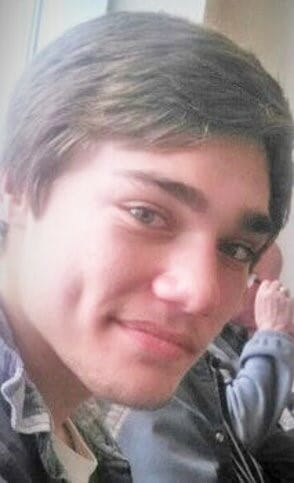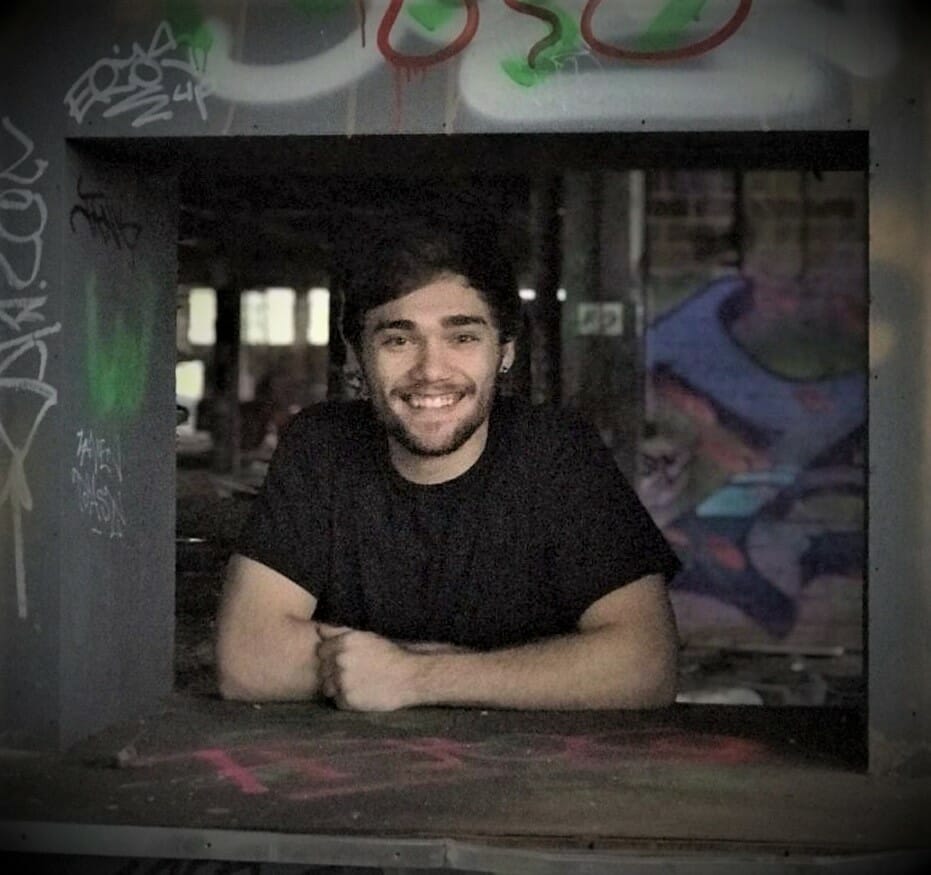19-Year-Old Donates Heart Using Revolutionary Technology
Wyatt had the unique opportunity to be the first person in the upper midwest to donate a heart as part of a U.S trial of the TransMedics Organ Care System.

When we think about the journey to adulthood – getting a driver’s license is a key milestone.
Wyatt, a Minnesota teen, had waited until he turned 18 to get his first license. But, like everything else, the pandemic delayed his road test. In late July 2020, Wyatt finally sat behind the wheel.
“I was holding my breath,” said his grandmother, Jan. “But he passed.”
Just two months after getting his license, in September 2020, then 19-year-old Wyatt was lying in a hospital bed with non-survivable injuries.

Hospital staff did all they could to save Wyatt’s life. When there was nothing left, they called LifeSource.
LifeSource conducted medical assessments and checked the organ donor registry. Wyatt had checked the “donor” box when he got his license just two months earlier.
Due to the way Wyatt passed away, typically donation of his heart would not have been possible. But Wyatt had a unique opportunity. He became the first person in the upper Midwest to donate a heart as part of a U.S. trial of the TransMedics Organ Care System (OCS). This technology can increase the number of hearts available for transplant and offer more families to give the gift of their loved one’s organs.
The OCS is transformative technology, nourishing organs in a state that mimics the human body, OCS can give transplant teams the potential to improve post-transplant outcomes and save more lives. Hearts placed on the Organ Care System have been transplanted after as long as sixteen hours. With a traditional transplant, the recovered heart is chilled and unable to pump oxygenated blood, leaving it more prone to deterioration or damage. These hearts remain viable for only six hours.
In this country, more than 3,500 people are on the waiting list for a new heart. The majority are in their 50s and early 60s, and most have severe, debilitating heart failure. But because of a shortage of suitable donor hearts, fewer than half will receive a heart transplant. However, an emerging technique known as donation after circulatory death may help address that gap in coming years.
Thanks to Wyatt and his family’s generosity, the heart recipient is thriving.
Wyatt’s family has found healing in knowing Wyatt’s legacy of helping others lives on.

“He would have loved knowing he’s a hero in someone’s story,” said Jan.
Without this technology, Wyatt’s heart donation would not have been possible.
Related post:DCD Heart Trials: A Life-Saving Innovation
 Skip to main content
Skip to main content
